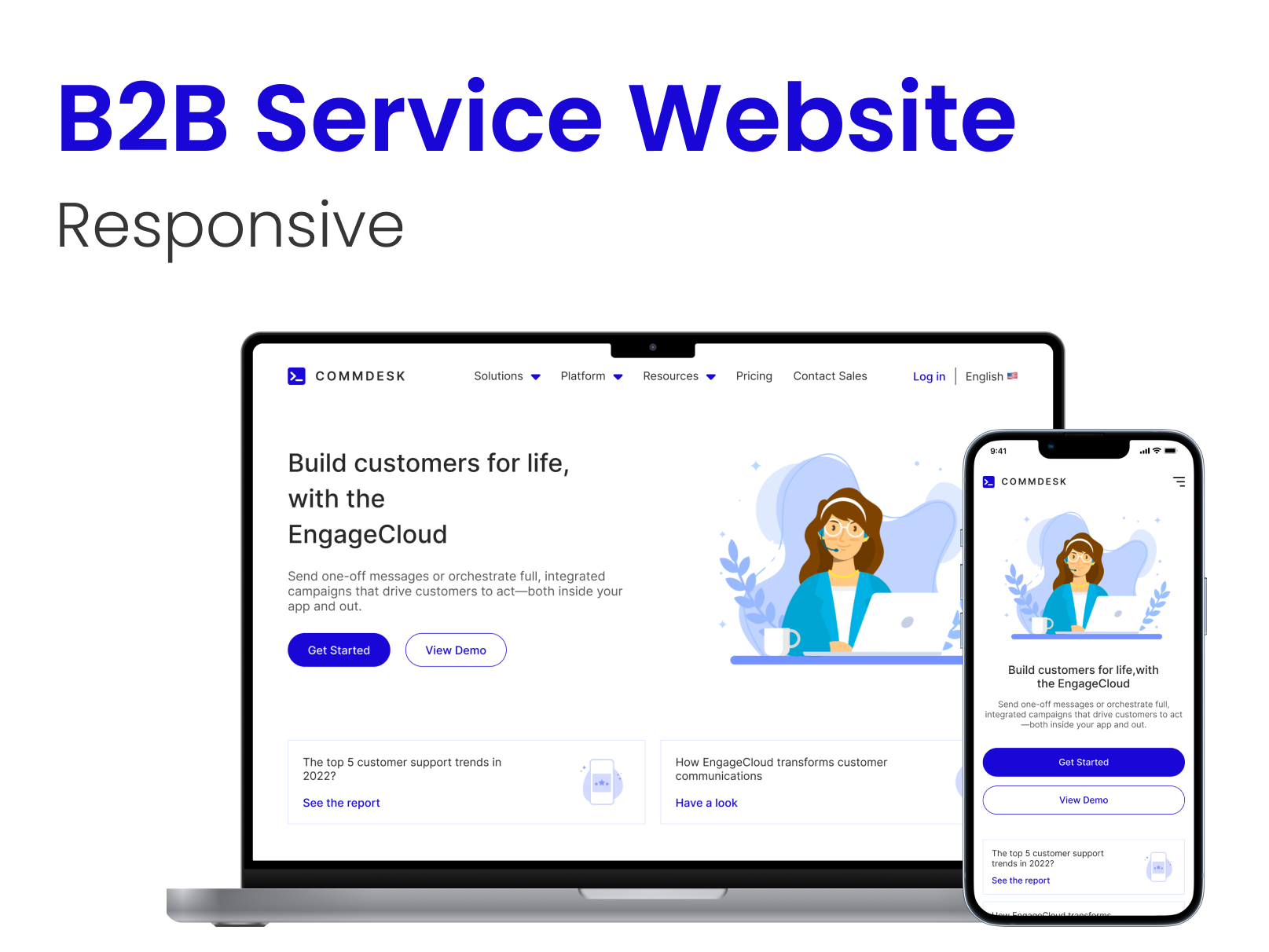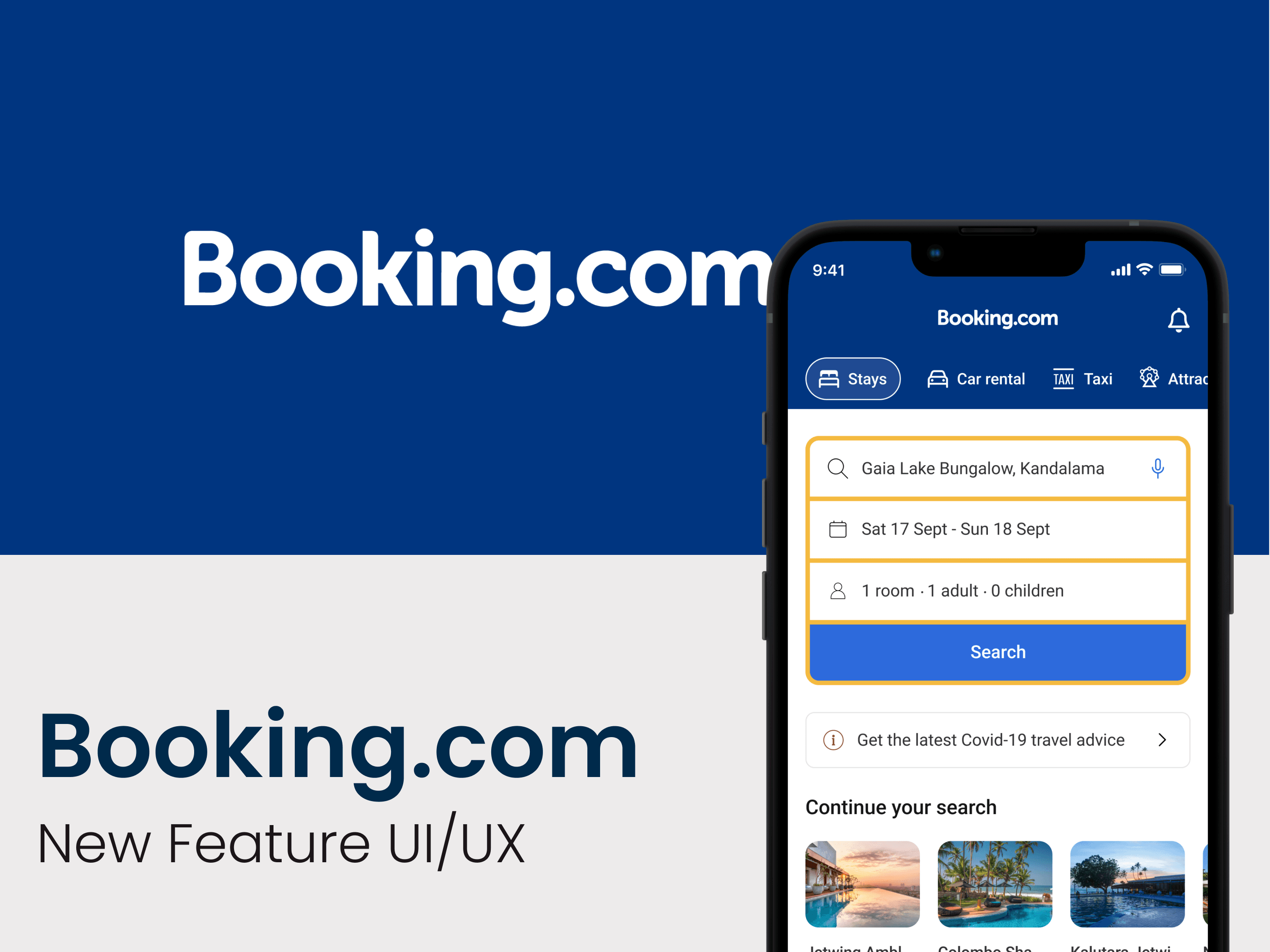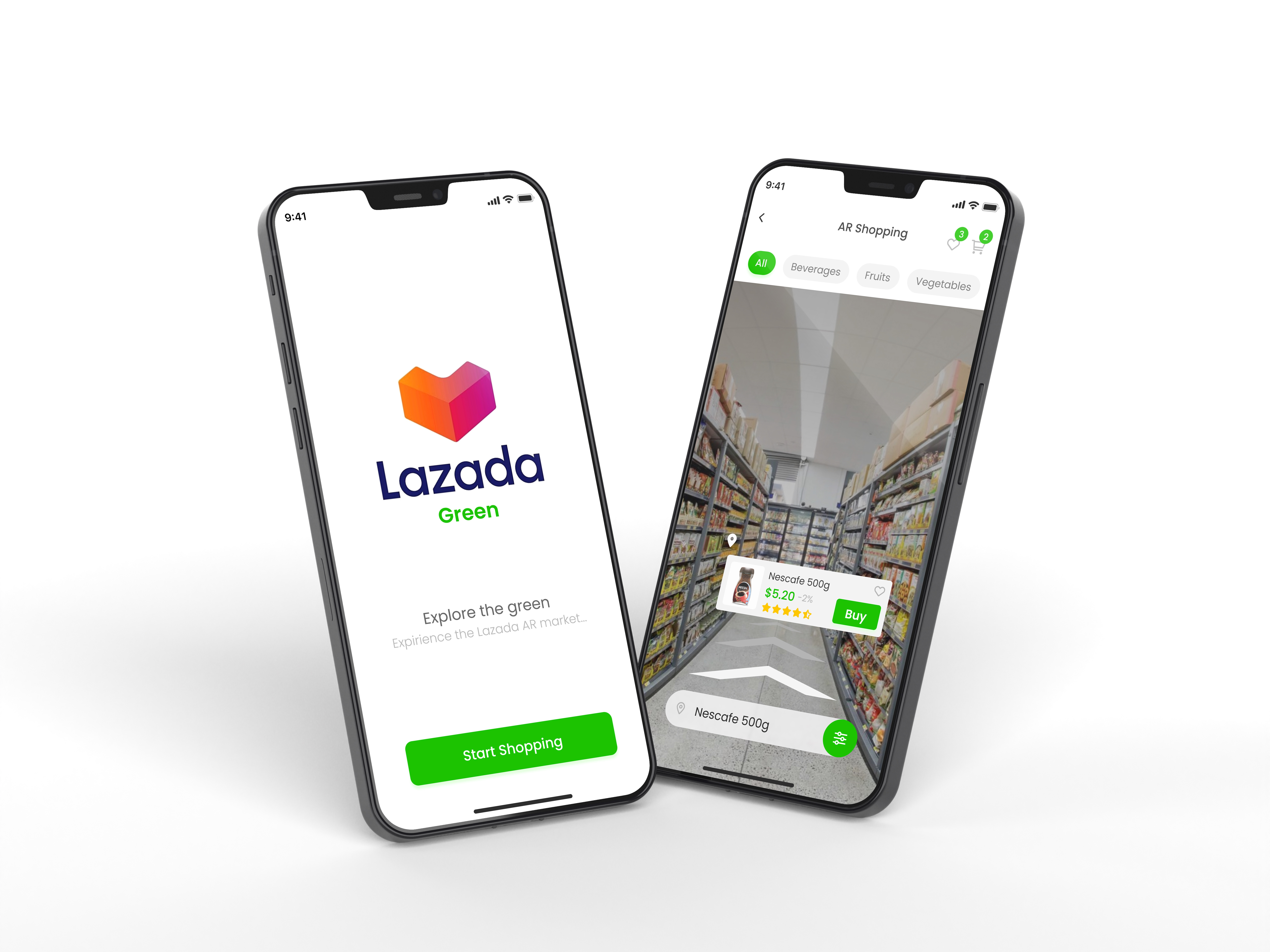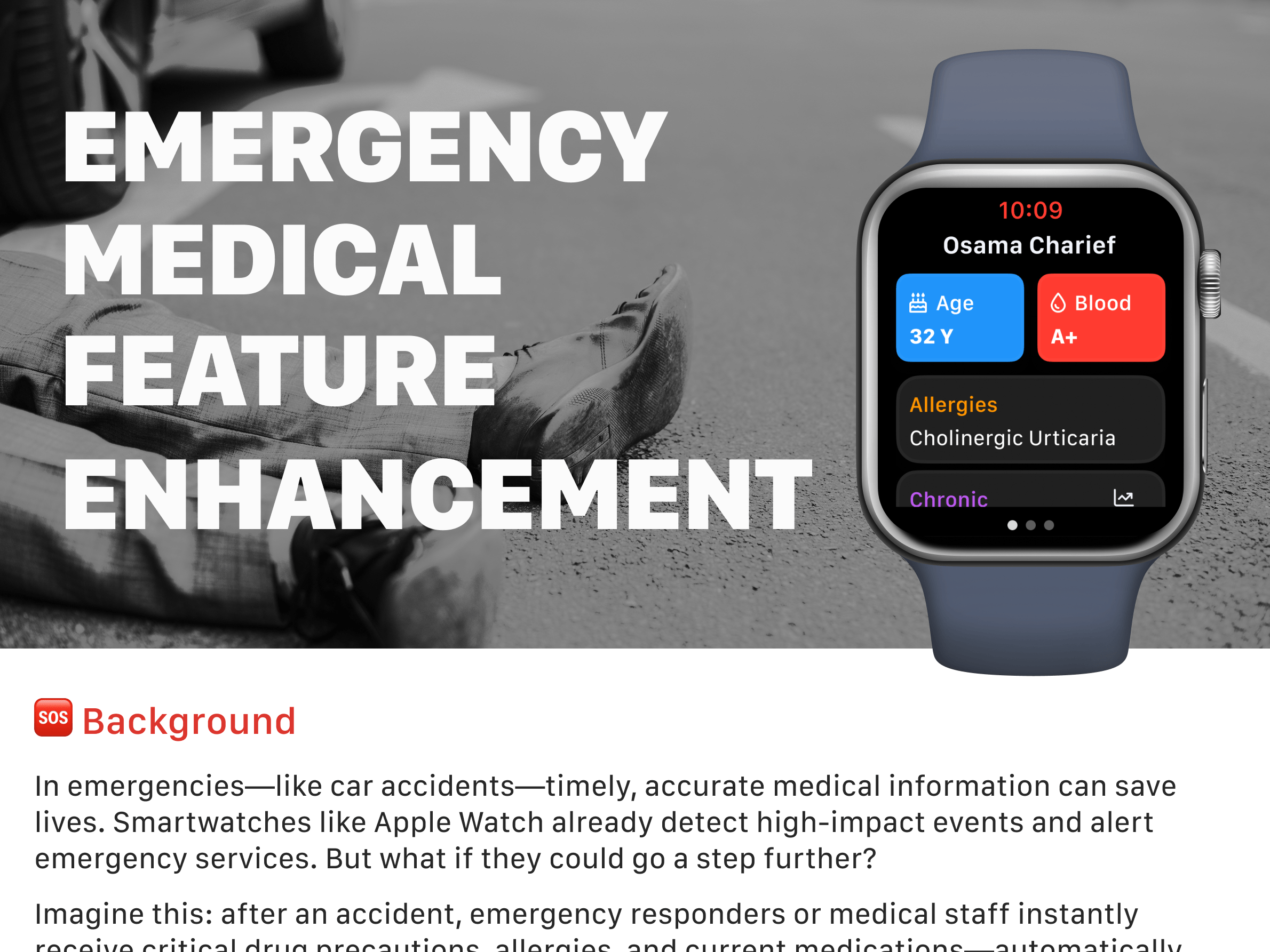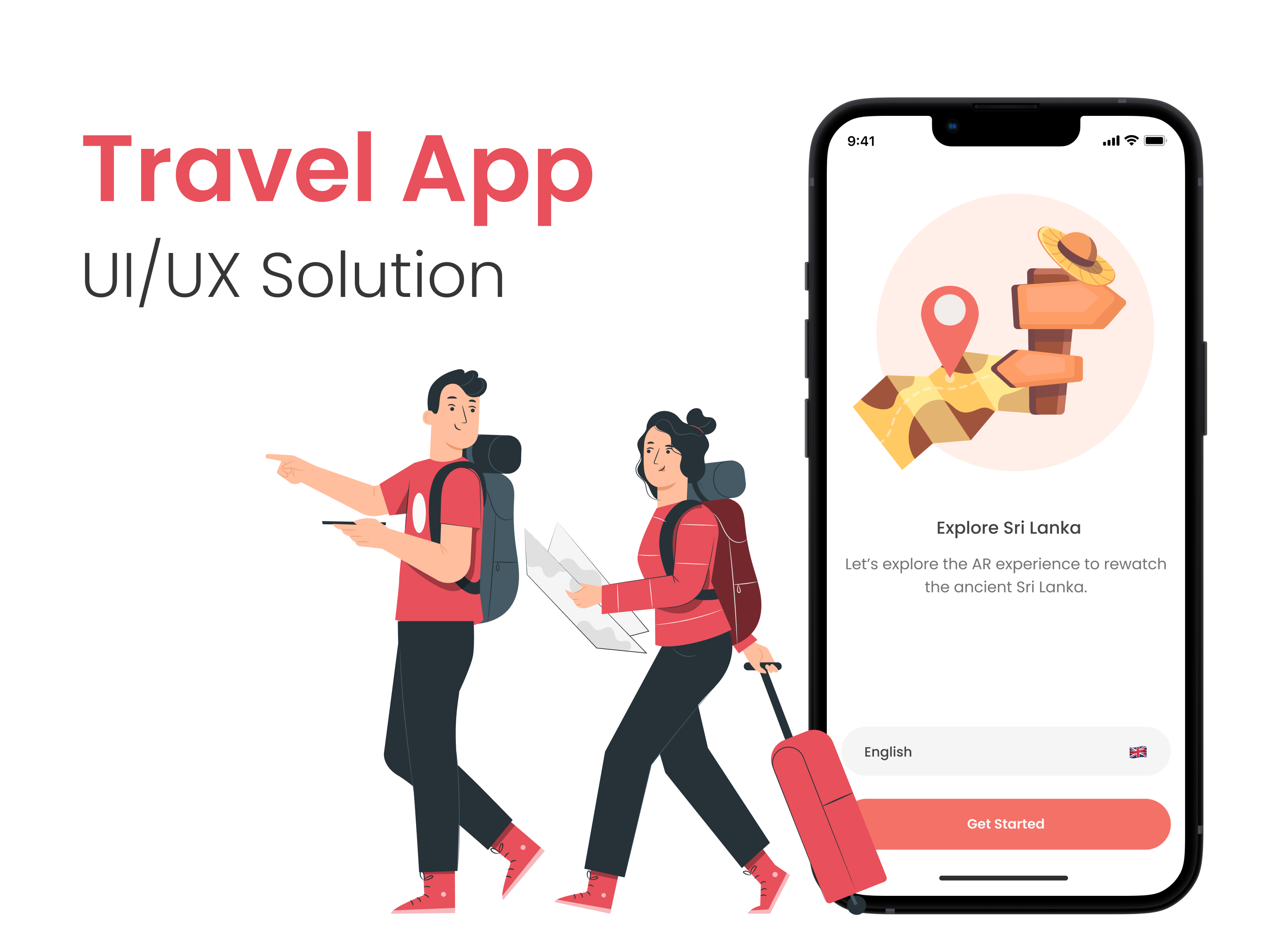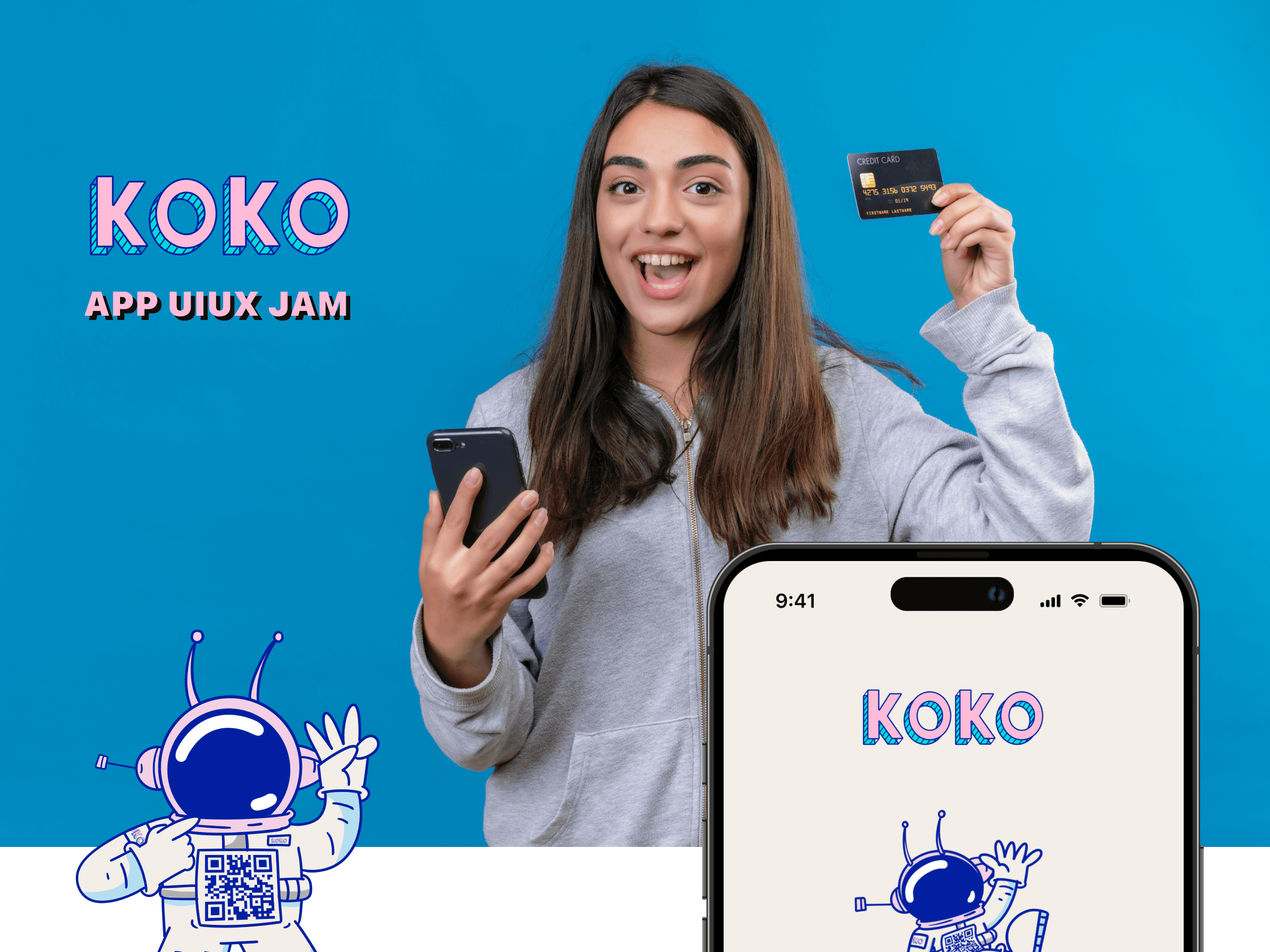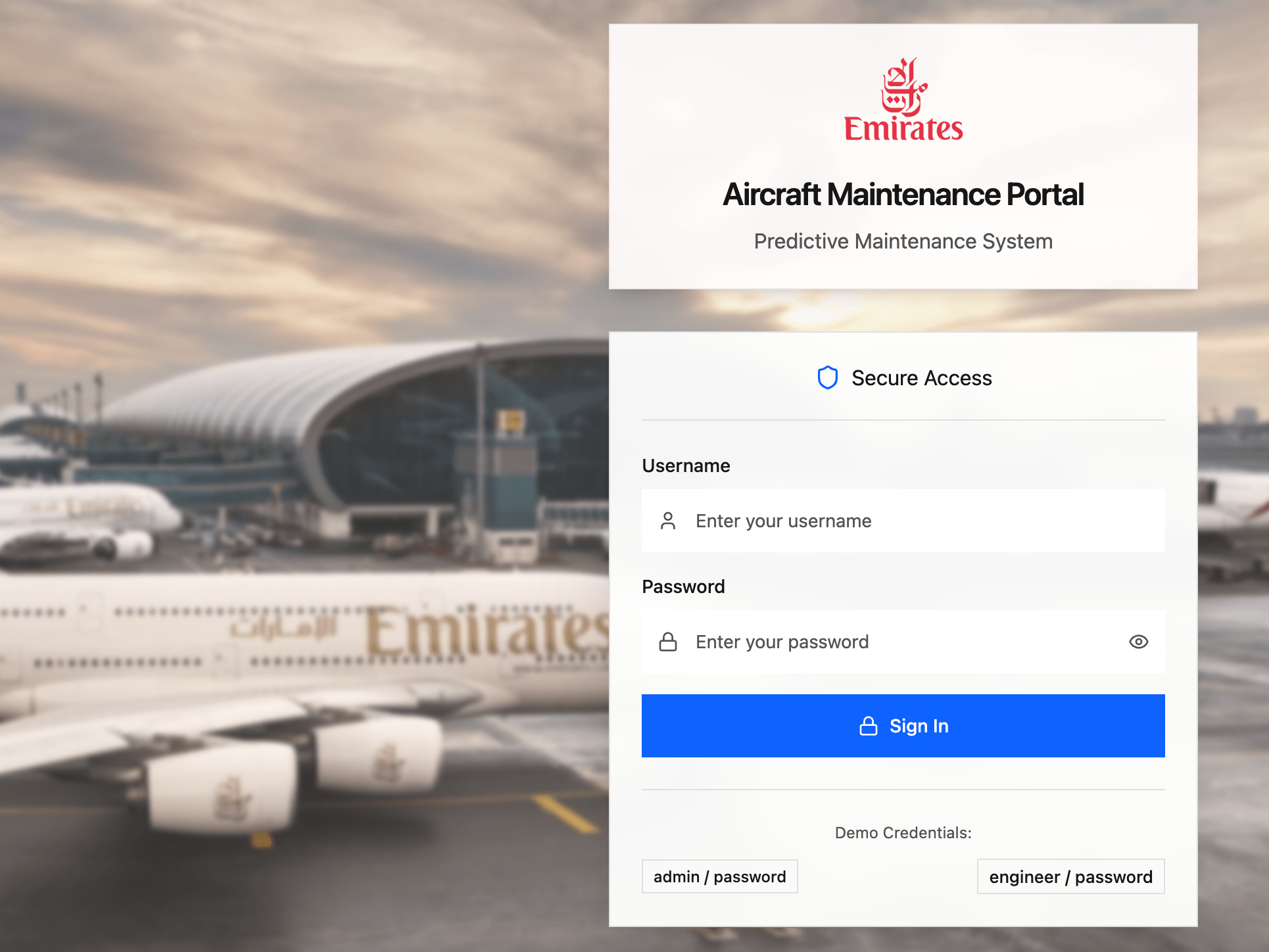Introduction:
The mobile version of "Study Portal" is designed to provide students with a seamless and enhanced study experience, meeting the demand for greater accessibility and personalised learning. With no prior mobile application available, this mobile version brings the portal's robust features directly to users' smartphones, making it easier for them to access study materials, interact with the platform, and receive customised suggestions powered by AI. This new mobile app aims to revolutionise the way users interact with Study Portal, adding convenience and tailored learning pathways that enhance user engagement and satisfaction.
Pain Points:
Limited Accessibility: Previously, Study Portal was limited to desktop users, which meant students could not access resources on the go. This led to missed learning opportunities and limited engagement.
Lack of Personalisation: Users had to sift through generic content that may not always meet their specific learning needs, leading to frustration and suboptimal learning experiences.
Inefficient User Interaction: Interacting with the portal required a desktop or laptop, which is not always convenient for students in today's mobile-first world. This also impacted user retention and engagement rates.
Time-Consuming Profile Setup: The existing web version lacked a strong push for users to complete their profiles, which meant that personalised learning recommendations were often ineffective.
New Features:
AI-Powered Suggestions: The mobile app introduces an AI-based suggestion engine that provides users with personalised learning recommendations. These suggestions are based on the user's profile, study history, and learning behavior, ensuring more relevant and helpful content is offered.
Profile Completion for Accuracy: To ensure the AI's recommendations are precise, users will be prompted to complete their profiles. The more information a user provides (e.g., subjects of interest, study habits, and academic goals), the more accurate and tailored the AI suggestions become.
Mobile Accessibility: By providing a mobile application, Study Portal makes learning materials accessible anytime, anywhere. Students can easily pick up where they left off, view study materials, track progress, and even receive suggestions while on the move.
User-Friendly Interface: The design of the mobile app is clean, simple, and intuitive, ensuring that students can navigate through the platform without feeling overwhelmed by complex features.
Push Notifications: The app sends timely reminders, notifications about new study material, and personalised recommendations, keeping students engaged and on track with their learning goals.
Impact on the User Base:
Increased Engagement: With the ability to access learning materials on the go and receive personalised suggestions, users are likely to engage with the platform more regularly and consistently. This can lead to improved learning outcomes and higher user satisfaction.
Higher Retention Rates: The AI-powered personalised suggestions, coupled with mobile accessibility, create a more engaging and rewarding experience, which can result in improved retention and reduced churn.
Stronger User Profiles: As students complete their profiles and interact with the app, the platform gains valuable insights into their preferences and learning styles. This data can be used to refine and enhance the AI suggestions over time, leading to even better user experiences.
Wider Reach: With a mobile app, Study Portal can tap into new user segments, including those who prefer using mobile devices over desktops. This opens the door to more users who may not have been inclined to use the platform on a desktop computer.
Impact on the Company and Profit Growth:
Monetisation Opportunities: The introduction of the mobile app opens up new avenues for monetisation. The company can explore in-app purchases, premium subscriptions, or ads to generate additional revenue.
Increased Brand Awareness: By launching a mobile application, Study Portal becomes more visible in the app stores, increasing its discoverability and attracting new users. This can lead to higher brand recognition and reputation in the educational technology space.
Scalability: The mobile platform enables Study Portal to scale its services beyond its current web-based user base. This increases the potential for global reach, especially in regions where mobile usage is prevalent.
Data-Driven Decisions: As more students engage with the mobile app, the company can collect valuable data on usage patterns, preferences, and behaviours, which can inform future updates, marketing strategies, and product offerings.



